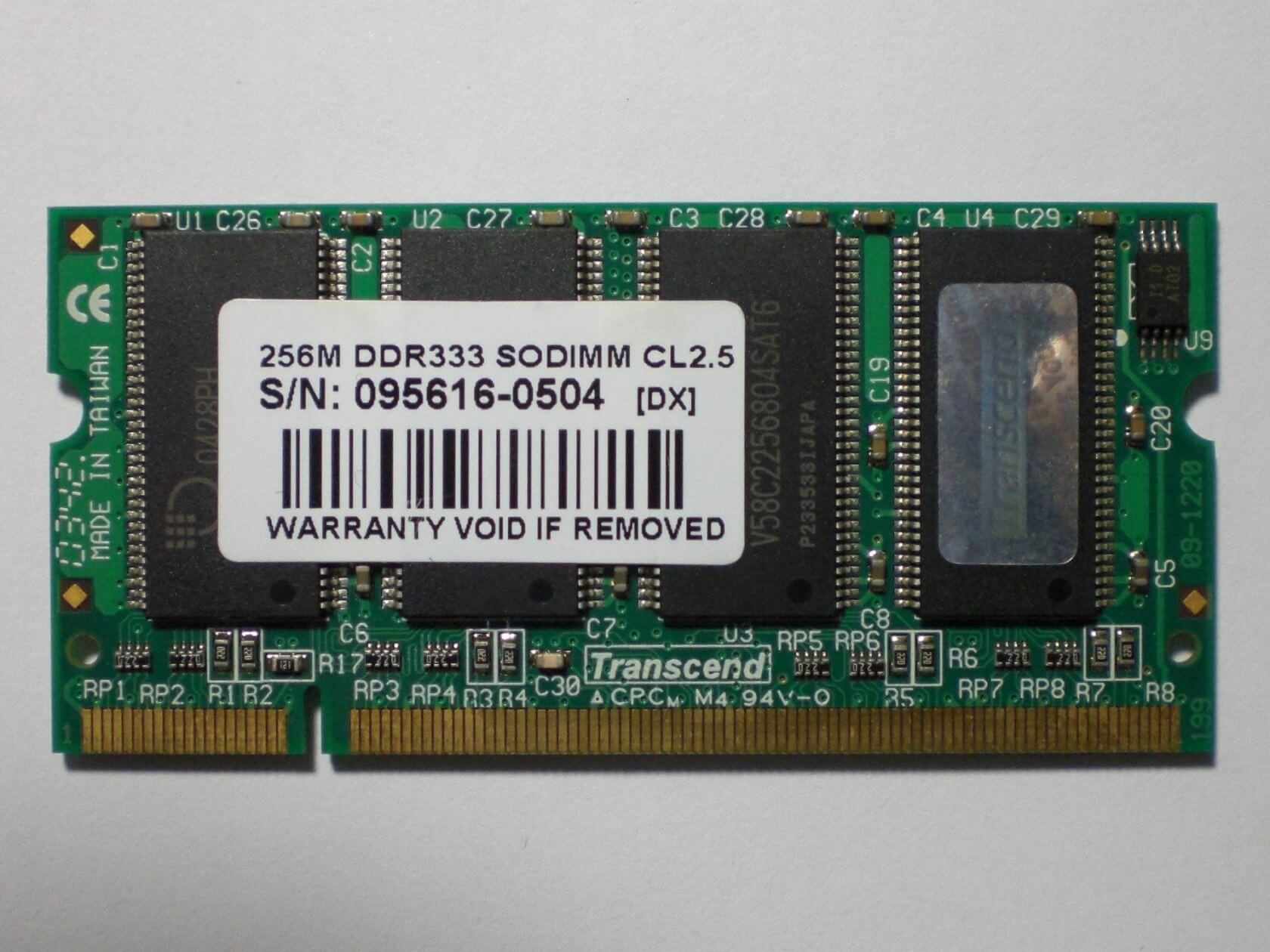
Great news for anyone who hates those ‘Warranty-void-if-removed’ stickers found on many tech products. The legality of the labels, which has long been called into question, has now been cleared up by the Federal Trade Commission, which has warned some firms that they violate federal laws.
In an announcement yesterday, the FTC said it had sent warning letters to six major companies about their anti-competitive warranty policies. The notes say the agency has “concerns about the companies’ statements that consumers must use specified parts or service providers to keep their warranties intact.”
The FTC included the following as examples of questionable provisions:
The use of [company name] parts is required to keep your . . . manufacturer’s warranties and any extended warranties intact.
This warranty shall not apply if this product . . . is used with products not sold or licensed by [company name].
This warranty does not apply if this product . . . has had the warranty seal on the [product] altered, defaced, or removed.
The FTC writes that the six companies it targeted markets and sells automobiles, mobile devices, and video game consoles in the US. It didn’t name the firms directly, but it's thought that Microsoft and Sony could have been recipients of the letters—both companies use the stickers on their Xbox One and PlayStation 4 consoles.
The FTC says that under the 1975 Magnuson-Moss Warranty Act, companies can't put repair restrictions on their products unless they provide the parts or services for free or receive a waiver from the FTC
"Provisions that tie warranty coverage to the use of particular products or services harm both consumers who pay more for them as well as the small businesses who offer competing products and services," said the Acting Director of the FTC’s Bureau of Consumer Protection, Thomas B. Pahl, in a statement.
The FTC will review the companies’ websites in 30 days to check they are complying with the law. If their policies aren’t updated, the agency may consider enforcement action against them.
https://www.techspot.com/news/74111-ftc-warns-companies-using-warranty-void-if-removed.html